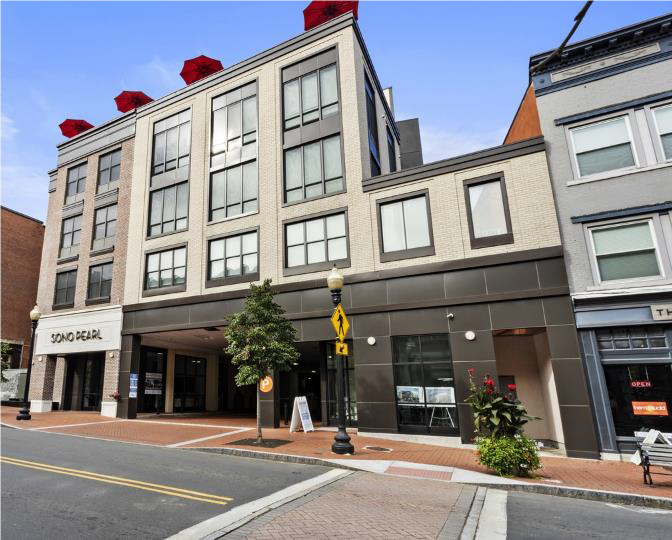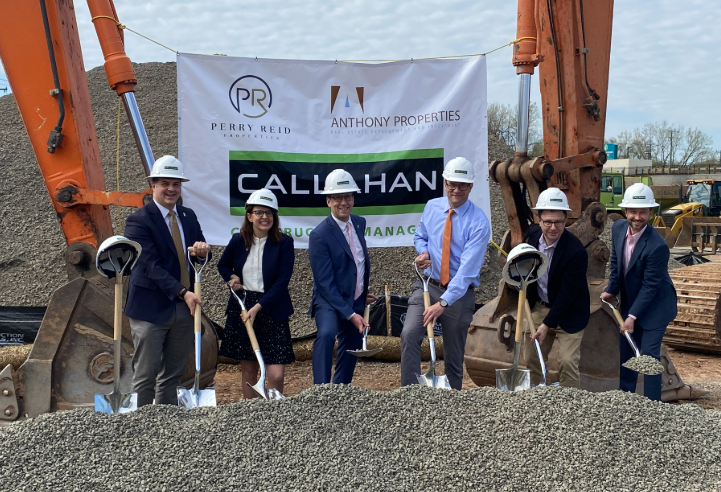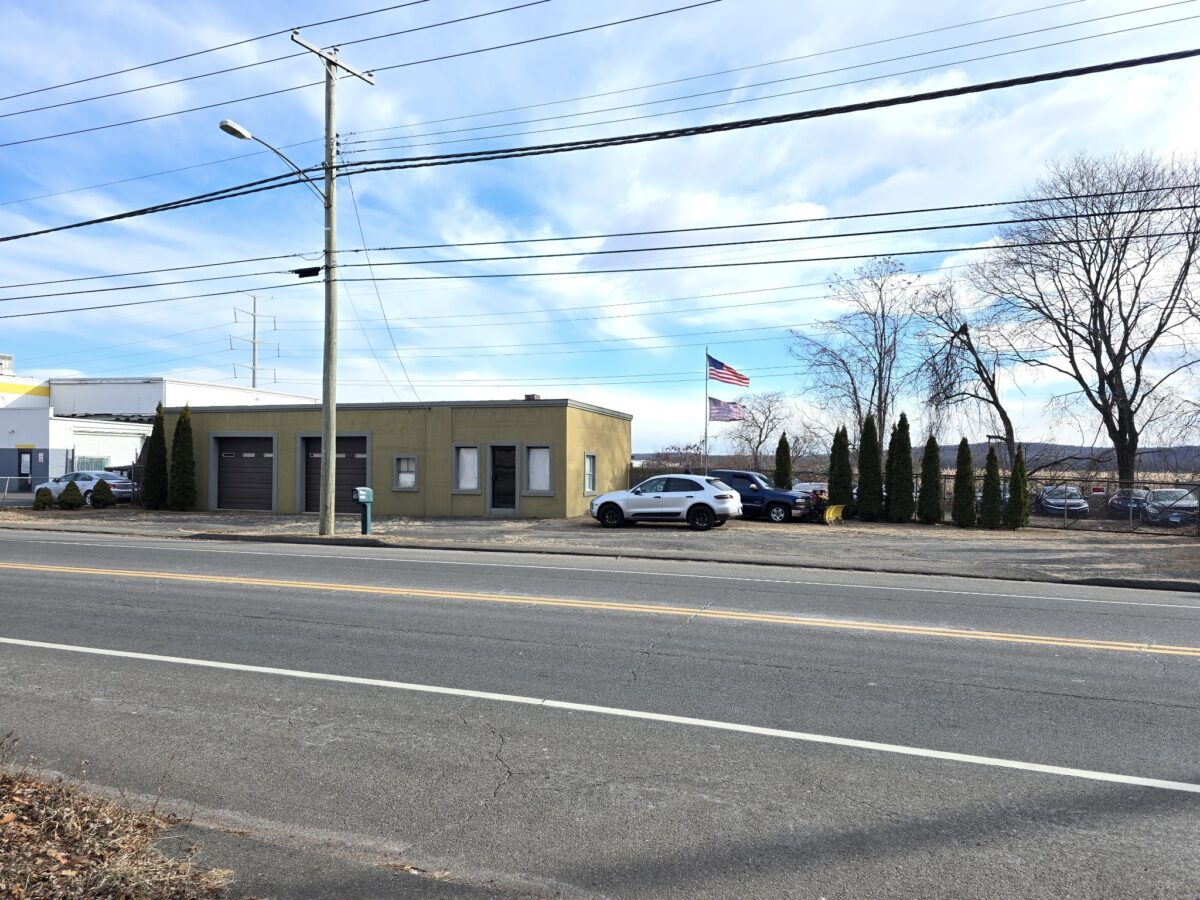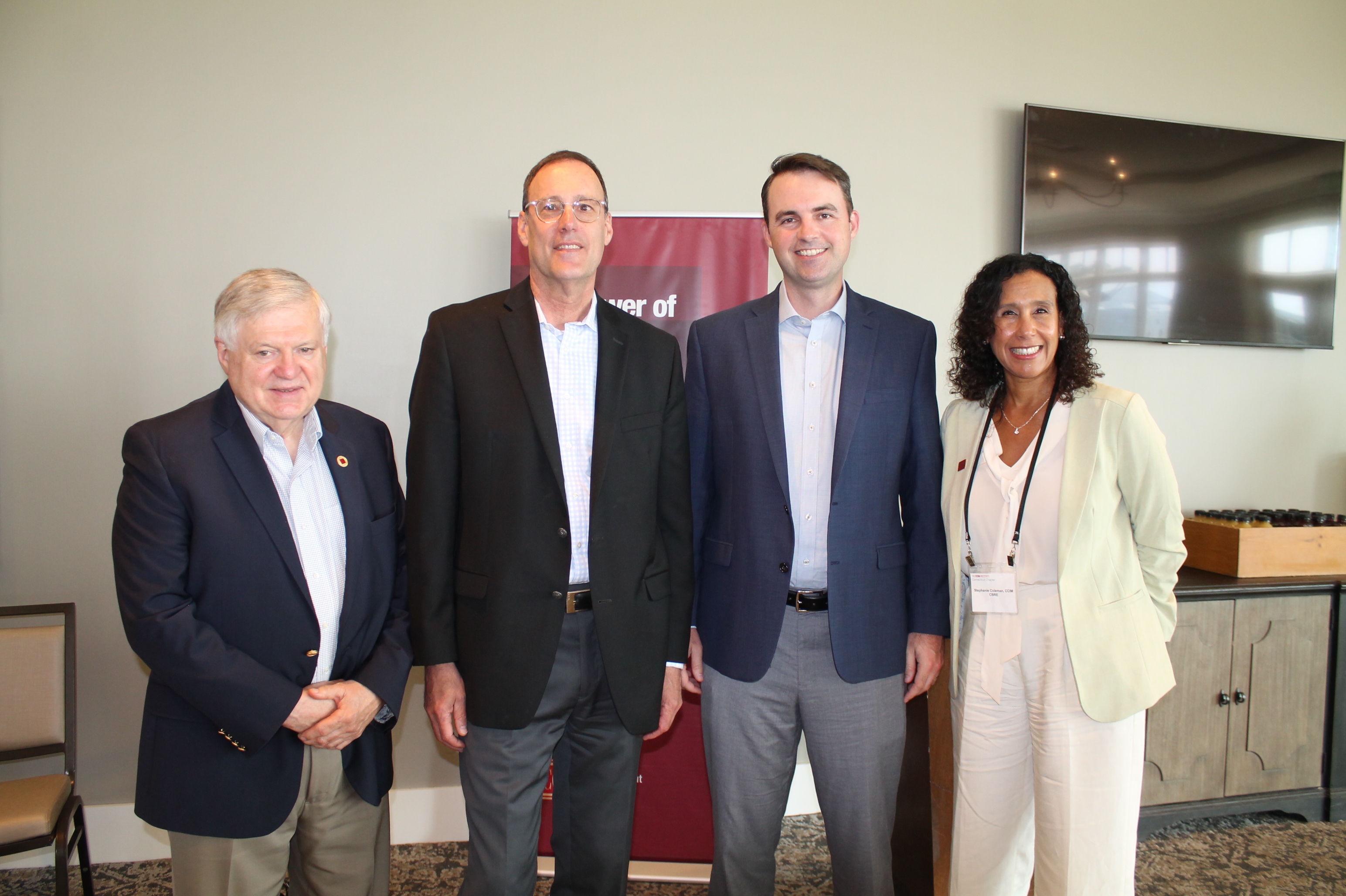News: Connecticut
Posted: March 31, 2010
What are those environmental Phase I, Phase II and Phase III things all about?
How well can you explain to your client what a Phase I is for? Can you keep him from paying too much or getting an inferior product? Does he need a Phase II, a Phase III? What are all these environmental phase things anyway?
It all starts with the Phase I. Everywhere in America, the Phase I investigation determines whether there are any potential source areas of contamination on the site, and almost everyone claims to meet the ASTM standard for Phase I. In Connecticut, the Phase I has one additional (vital) task, which is why your client needs one if he's buying or selling commercial real estate. That task is to determine whether the site is an 'Establishment', as defined by the Transfer Act. Determining whether a site is an 'Establishment' requires looking at the site's history back to 1967; what's there now is no guarantee that the site is not an 'Establishment'. For example, a site that's vacant now but was occupied in 1968 by a dry cleaner or a body shop is an 'Establishment'.
If your client is selling an 'Establishment', he's required to file a Property Transfer Form with the DEP when he sells the property. If your client is buying, you need to make sure he's protected because everything associated with 'Establishments' is much more expensive than with other sites, and there are a lot of special (expensive) requirements. So YES, your client needs a Phase I. A Transaction Screening isn't good enough, because it doesn't determine whether a site is an 'Establishment'.
The good news is, your client won't pay too much - Phase Is are all underpriced because of the cutthroat competition of the mid-'90s. But if he pays too little, he might get a really shoddy Phase I; it might be rejected by the bank financing the sale, or God forbid, he might unwittingly buy an 'Establishment'. The current price for a Phase I on a small commercial property is about $2,000. To ensure a good Phase I, ask if it will determine whether the site is an 'Establishment', if it's been reviewed by a Licensed Environmental Professional (LEP), and if it meets the ASTM E1527-05 standard. If financing is going through the SBA or CHFA, you'd better be sure to get a good Phase I.
If the Phase I identifies any potential source areas of contamination - known as AECs or RECs - then the financing bank will probably require a Phase II. Legally, a Phase II is only required if the site is an 'Establishment'. Because Phase I doesn't usually include soil or groundwater samples, they do not determine whether there actually is any contamination - that's what the Phase II does.
To determine whether any contamination is present on the site, you have to analyze soil or groundwater samples, or both, for all the potential contaminants. It's expensive (minimum about $5,000; $14,000 for 'Establishments') and there's a lot of ways to pay more than you should - extra "project management," health and safety plan (we all have those already), "profit - 10%", "insurance surcharge,"... on and on. Some ways are pretty subtle. I think the best deal for the client (on most sites) is to install about 20 test borings and analyze a smaller number of soil samples, but every Phase II is different because every site has a different history and layout.
The Phase II doesn't determine how much contamination is present - the Phase III investigation does that. It's organized that way so that you don't have to analyze all the samples for all the contaminants - you concentrate on the one that's the problem.
Does your client need a Phase III? There are pros and cons - a Phase III is an extra expense, but it lets you know in advance approximately how big the problem is and where (most of) it is. There's some uncertainty, because most of us have a hard time seeing through dirt. 'Establishments' are all required to have Phase III if the Phase II finds any evidence of contamination at all, even if it's below acceptable concentrations.
All these Phase things have shelf lives, too, so you have to take that into account. The ASTM standard for Phase I is six months, and the SBA and CHFA will hold you to it. Most other banks will accept a Phase I up to about a year old, and Phase II or III up to maybe five years.
There's a lot more you should know about all this stuff... I guess I can't stop writing just yet.
Dennis MacCaskie is the owner of Cambrian Geological, LLC, Southbury, Conn.
Tags:
Connecticut
MORE FROM Connecticut
Highcap Group brokers $41.1 million sale of two building multifamily portfolio
Norwalk, CT Highcap Group has completed the sale of two luxury multifamily properties with a total of 120 units for a combined purchase price of $41.4 million.








